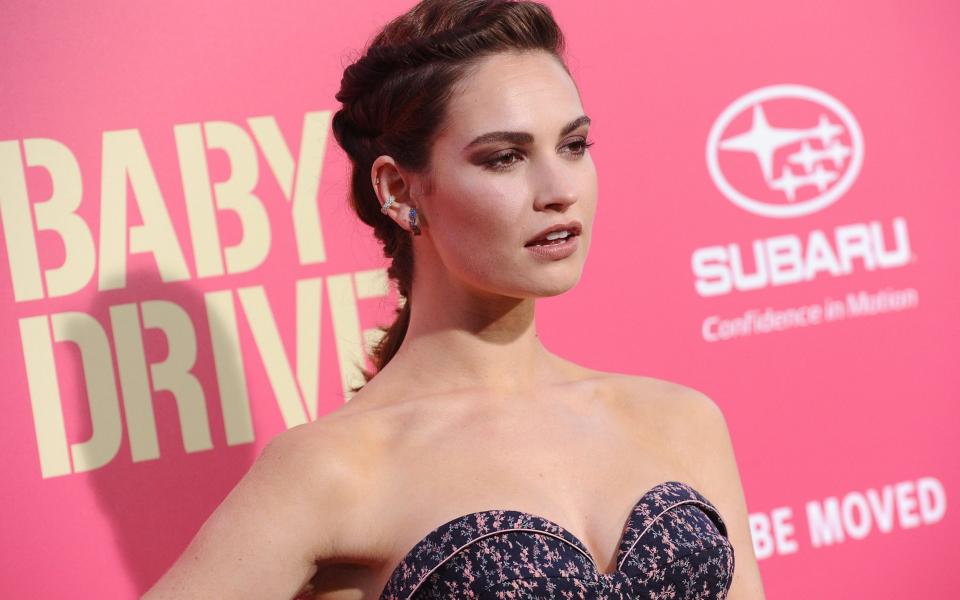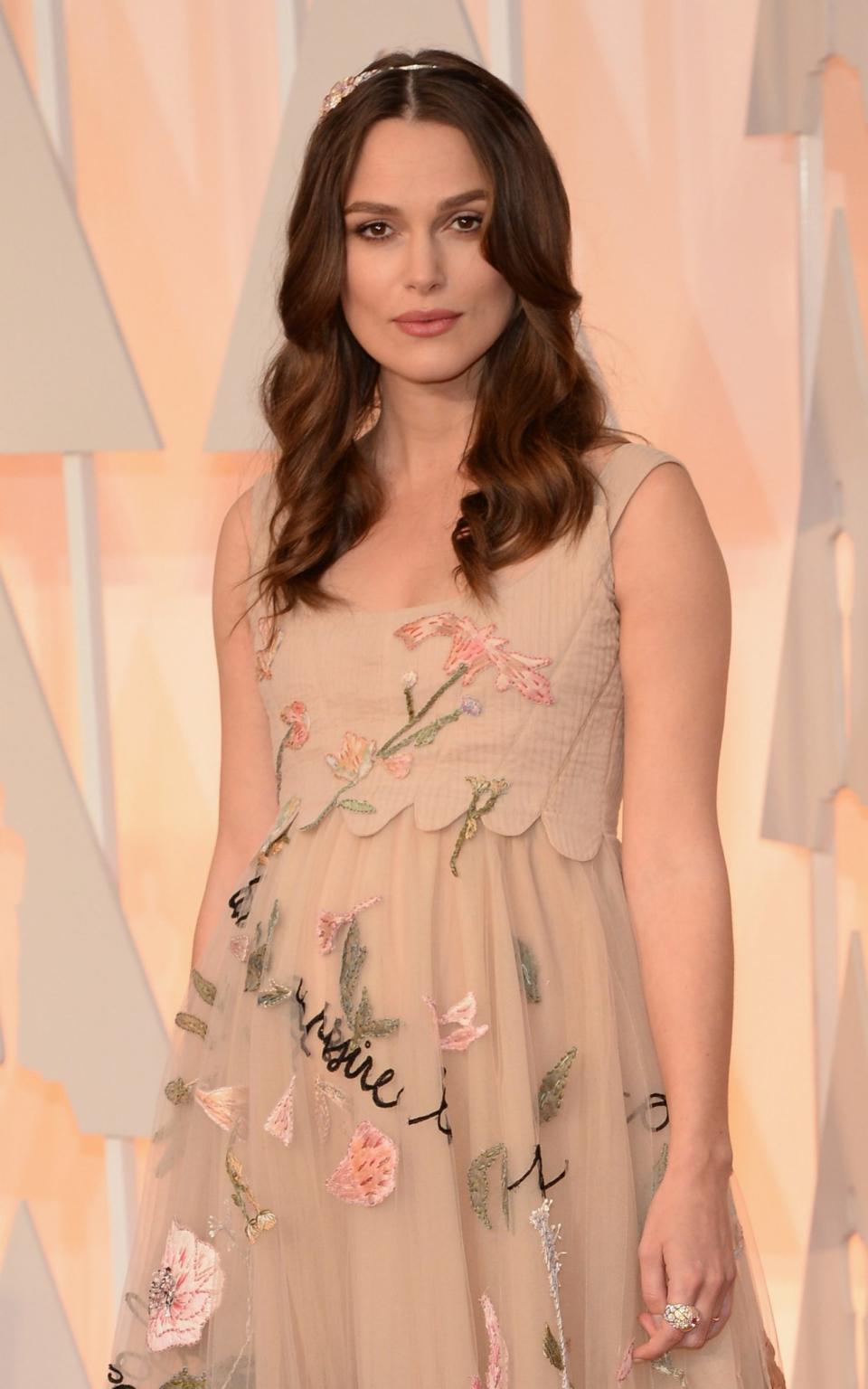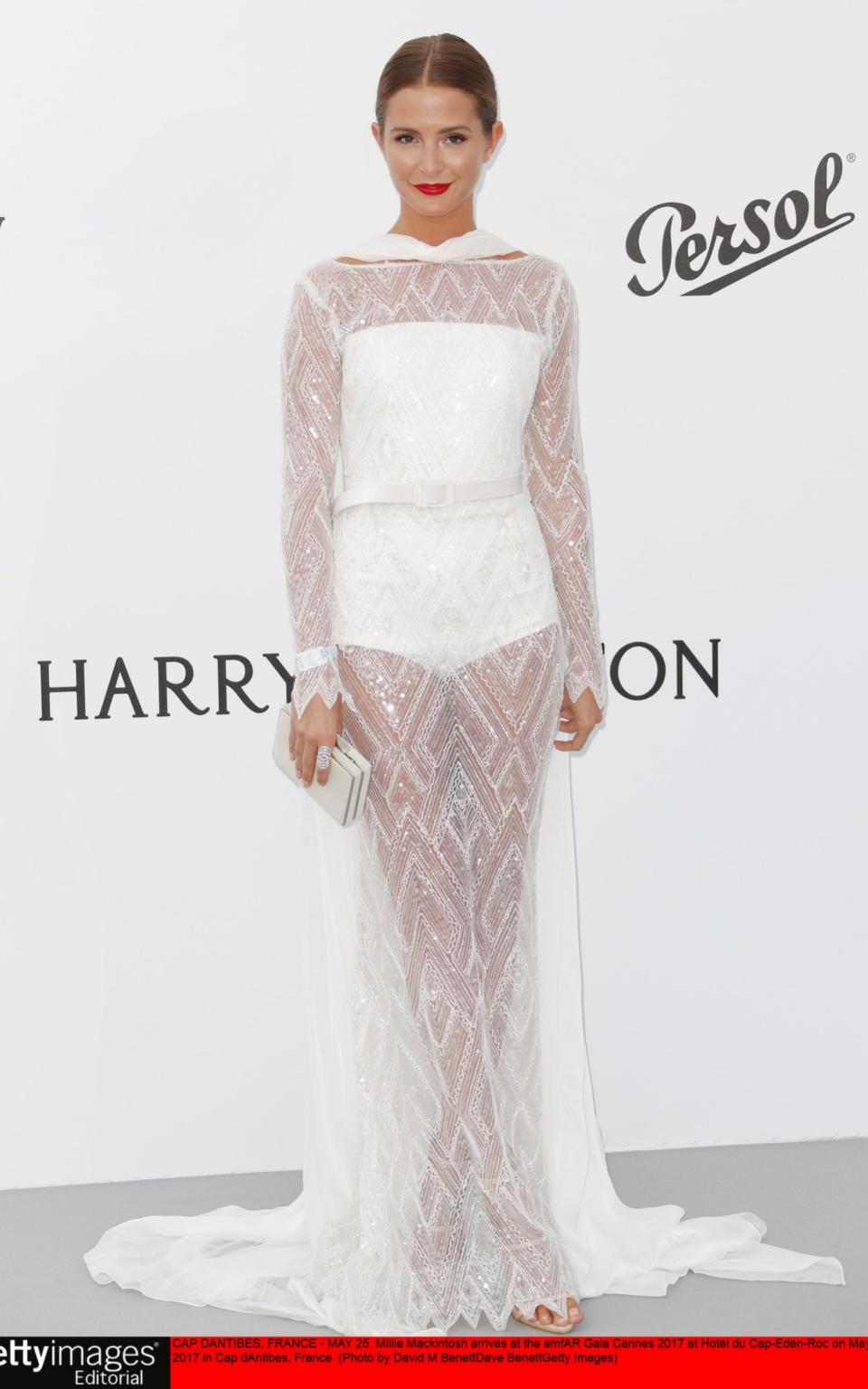Holly Willoughby and the thin-shaming trend that shames us all

We're used to women, celebrity or otherwise, facing criticism for being overweight. But thin-shaming, it seems, is becoming almost as insidious.
Holly Willoughby, the This Morning presenter, has become the latest public figure to be targeted by the self-appointed body police. After posting a picture of herself on Instagram, it was with grim inevitability that certain users of the picture-sharing site felt compelled to pass comment on her figure. Some passed it off as "worry" about her thin physique, while others were more direct, offering their unsolicited verdict that she was "too skinny now."
As it happens, Willoughby is in good company, joining the ranks of Lily James, Keira Knightley, Taylor Swift and others in the club of those who've been thin-shamed.

Cinderella actress James faced days of criticism in 2015 about her ‘tiny waist’ being ‘horrific’, ‘bad for young viewers’ body image’ and ‘telling young girls they look prettier anorexic.’
“On the one hand its upsetting and one the other hand it’s just boring," James said at the time. "I mean, why do women always get pointed at for their bodies?
“This whole thing happened and I’m constantly having to justify myself. I’m very healthy and I always have been.”
Nicky Hutchinson, a body image consultant who works with British schools, sees the thin-shaming phenomenon as part of a wider culture of judging women on their looks.
“It’s all part and parcel of the same thing, this obsession with women’s appearance," she says. "The idea of ‘skinny bitches’ and so on – it’s part of this horrible culture towards women.”

In other words, it's all part of the same experience of body-shaming, where women are judged on their size and weight. Whether it's fat-shaming or thin-shaming, it all comes from the same place.
“Women can’t fit into a spectrum of body shapes,” explains Sarah Pedersen, communications professor at Robert Gordon University.
“There’s a very narrow type of body that women are allowed, or supposed to have. Anything else is seen as wrong.”
But while fat-shaming gets most of the publicity, thin-shaming can be just as hurtful. It’s a problem that affects many women on a daily basis.
Celebrities are often the victims. As well as Knightley and Swift, Made in Chelsea star Millie Mackintosh has also been thin-shamed in the past, along with The Veronica’s Jessica Origliasso, who was criticised in 2015 for looking 'sick' and ‘encouraging’ eating disorders.

She retorted, saying: “I'll never be Kim Kardashian".
But thin-shaming affects ordinary women, too.
In this era of social media, any woman uploading a photograph online has the potential to be body-shamed. Take the recent hashtag#YouDidNotEatThat which shows thin women pictured with large amounts of unhealthy food.
In day-to-day life, thin women tell me that they're often on the receiving end of comments such as: “just eat the sandwich”; “you’re all skin and bones”; and “do you even eat?”
“It’s a myth that thin women have it easy,” says Pedersen. “Thin women are judged and seen as being slavish victims, who are taken in by the media and have self-hatred of themselves. While fat women are judged for not being in control, thin women are judged for trying to live up to unhealthy and artificial norms. They’re victimised.”

But what about a celebrity who could be accused of promoting unhealthy body ideals to children? Where do you draw the line between thin-shaming and calling out bad marketing?
“I think it’s important to call out when things are particularly aimed at young people – like models and mannequins,” says Hutchinson.
“Those are manipulative and about image and looks, but they’re different to an actress doing her job, or a poor news presenter.”
Pedersen agrees it’s about finding a balance. “On both ends of the spectrum there are problems for health," she says.
Which leads to the obvious conclusion that perhaps we should stop discussing women’s bodies and eating habits altogether.
As George says: “We know the difference it would make to vulnerable young people if no one felt bullied or under extra pressure just because of how they look. And that includes celebrities.”


